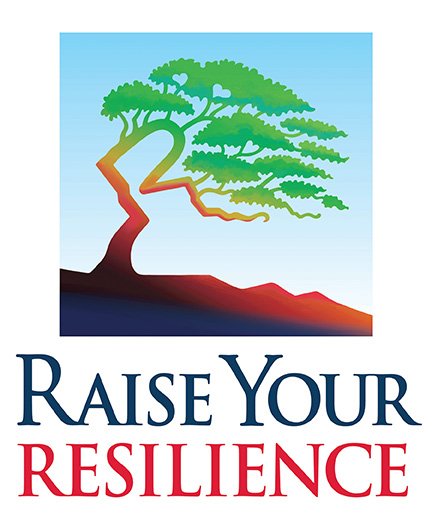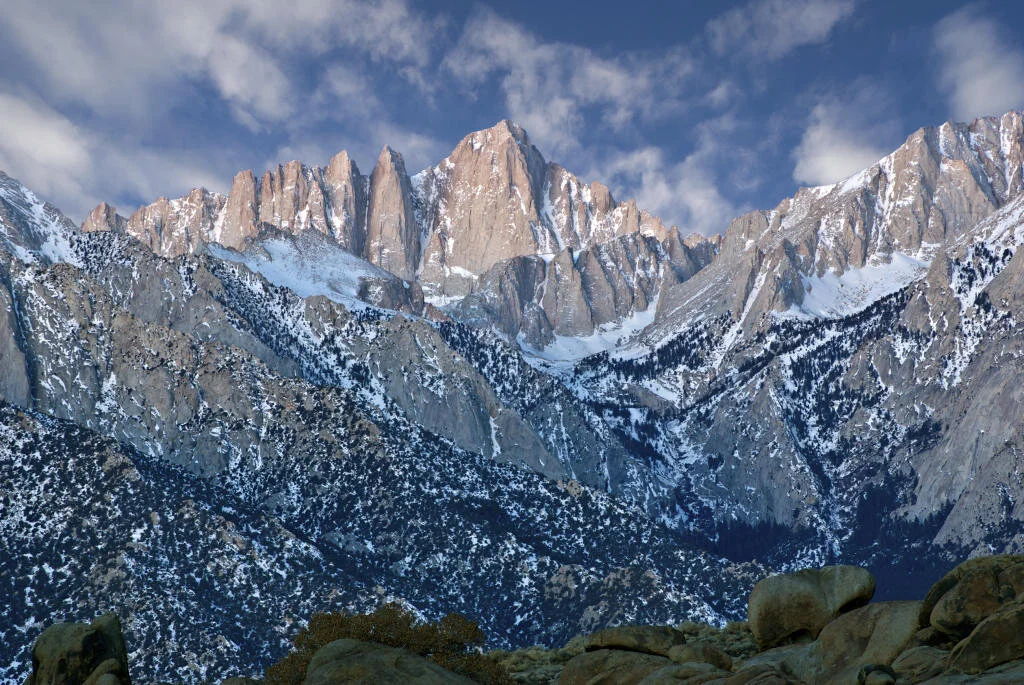It wouldn’t be advised by any park ranger. It would be a great way to encounter death. Wandering in the unknown without a map, or ability to read a map, or skills, equipment or food, leads to wandering in circles until the food is gone, or you become food. It’s being in a place you’re physically, cognitively and emotionally incapable of existing in, for any length of time.
That is why you need a guide, so you can learn how to navigate this beautiful and dangerous wilderness, until you learn to live within it as a companion. That’s what healing trauma is like.
I hear from a lot of people who have a trauma issues, and how they want to approach them. Some want whatever DIY cheapest way to go is, and they scour YouTube looking for solutions, and not really vetting them as to whether they will do harm or good. Some are a little more circumspect than that, but still want it to be “affordable,” without realizing in full what they’re dealing with or what the value of what they are paying for is. They want the microwave answer, for which they are willing to pay microwave prices. You get what you pay for.
These kinds of people are like those that traipse off into the woods and get lost, and don’t realize that the human tendency is to walk in circles, and they don’t have the right equipment to be where they are. It’s a “sunny mountain” so let’s take a hike! They fail to bring water or fuel, they are dressed in shorts and tee shirts, and the trail ascends 3000 feet into the cool clouds because they’re at the base of a glacier and mountain weather can change that fast. They get tired and careless, and walk through nettles. They see water springing from a rock, and drink it. And pay for that mistake for months.
This is what it’s like to try and heal trauma without a guide. Someone who will be able to look at your equipment, and skills, and be able to move out into the wild with confidence, rather than being the ones who have to organize a search party.
There are several good reasons to consider a somatic therapist as a guide in healing your trauma. The first is that trauma is primarily in the body. I cover that elsewhere, so won’t go into that here in detail. Suffice it to say, your body’s autonomic processes include one to heal and prevent trauma. Secondly, a guide can see what is going on with you that you might not notice (Your tent is falling over). That can be quite important, as one of the benefits of the presence of another is the moving into co-regulating. That is what we are evolved to do, and one of the developmental movements of childhood is moving from co-regulating as an infant, to self regulating with one’s own wants and needs, back to co-regulating as we move into relationships where what we want and/or need isn’t always the priority. First the guide shows us how to do things, then let’s us try nine/teen/ty times to do something, patiently watching and not willing to take over, and then after some time, one of you sets up the tents and gets water while the other gets firewood and starts a fire. Lastly, I’ll mention that the guide has been in these parts before. In fact, don’t work with a guide that hasn’t. They can show you where the scree field is, that ends in a 200 foot drop. Don’t walk on loose stones on a descending face! They can also take you to that magical waterfall that has a pool you can sit in that was seemingly made just for you, and feel the weight of the water as you sit in it as it pounds the tightness out of your shoulders. Then later you can look at a map, and see just where that was, so you can return to it another time. See? You’re learning how to read the map of the terrain! That’s what you need to be able to survive in this awesomely beautiful world, that can have it’s brutal side if we don’t pay attention or think it’s just a post card picture.
And, you pay for a guide. You learn, and not in one two week jaunt, or a 3000 foot ascent, and then back down while you’re drenched and cold; thirsty, and without water. The guide goes with you, and teaches you where to pitch the tent when you’re on rock, how to bear proof your food supply, how to start a fire, how to make the coffee that staves off hunger. And how to possibly catch fish in the event you need to. See that plant? Yea, despite it’s huge leaf, not good toilet paper. It’s called Devils Claw. For a reason. See the blueberries along the track up there? Let’s feast, but watch for bear. They happen to like them, too. A little one is cute, and likely means a big one is close behind. All of that experience and knowledge is worth the investment if you want to be able to navigate this world on your own in as short a time as possible. It’s the difference between living and dying. The movie Jeremiah Johnson had this as a sub theme.
And you won’t learn it in a fortnight either. Take a year. Work with that guide every week. Learn, and most importantly, practice. You want that practical muscle bound memory knowledge more than anything. Marry that brain stuff with body stuff. Then perhaps the next year, you’ll be able to go out on your own. Of course you’ll be nervous! Maybe even take an easy trip. Up to the waterfall and back. You’ll be able to find that waterfall, and maybe you’ll see the magic wore off a little. But something on the other side catches your eye, and you find a way to cross over, and navigate the landscape to what you saw, and you find a little glade that for whatever reason, is completely devoid of rock. When you get back to civilization, and run into your guide, you ask about this glade, and he says he hasn’t been there. Never seen it. That’s your discovery.
Aldo Leopold wrote an essay titled, Think Like a Mountain. Life can be like that - a mountain. If we’re traumatized, it seems insurmountable, even though we want to ascend the heights. A guide is what helps you match the mountains. They can bring you those first steps, so you realize the mountain isn’t going to shrug you off, or start chucking rocks at you, despite what we saw in The Hobbit. The mountain will welcome those who respect it, learn it’s ways, who learn to live with it. And that is what a good guide can show you: how to live on the peaks and in the valleys of the mountains.

